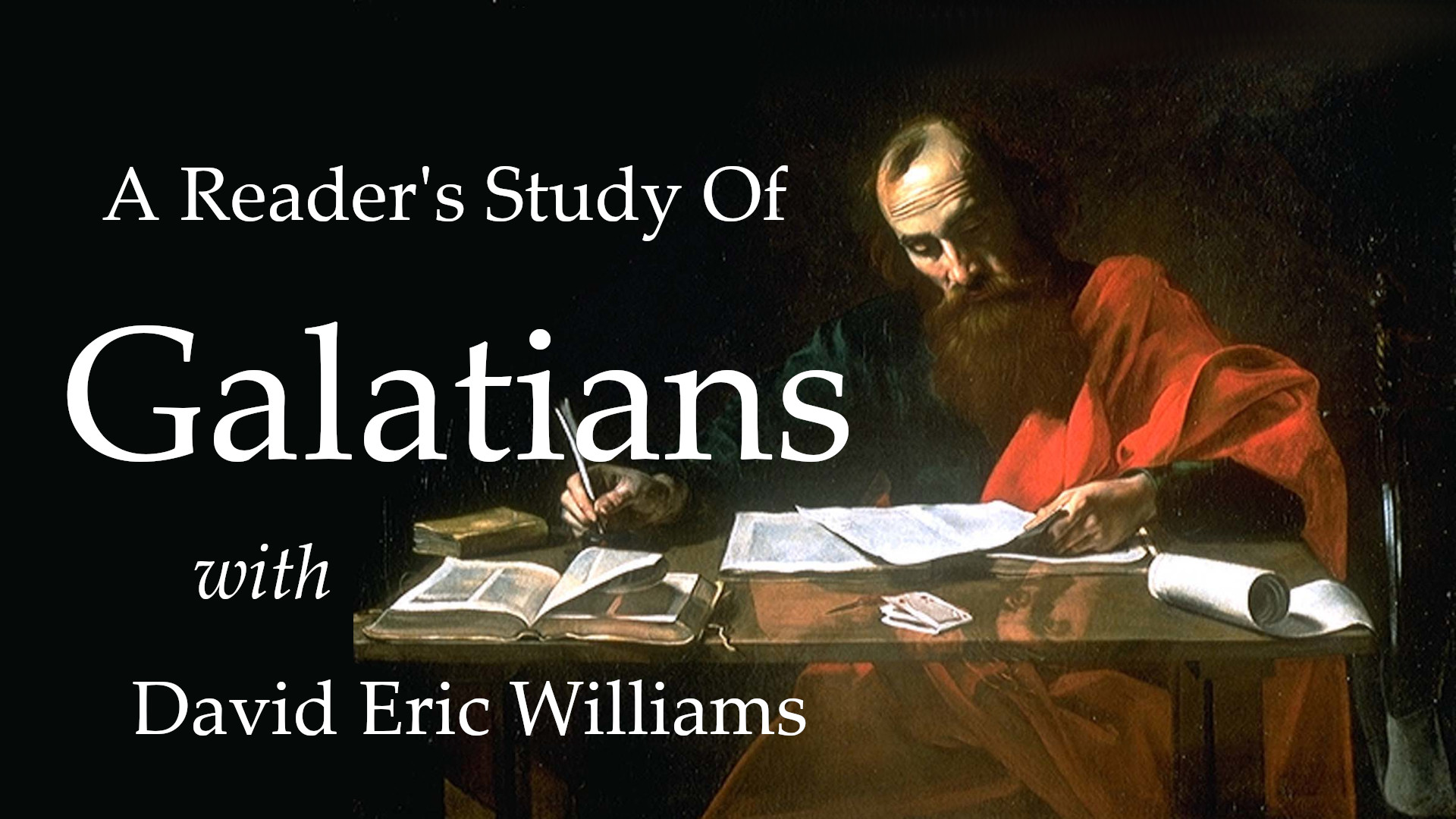No One Annuls It
© 02.11.24 By David Eric Williams
 Brethren, I speak in the manner of men: Though it is only a man's covenant, yet if it is confirmed, no one annuls or adds to it. Now to Abraham and his Seed were the promises made. He does not say, "And to seeds," as of many, but as of one, "AND TO YOUR SEED," who is Christ (Galatians 3:15-16 NKJV).
Brethren, I speak in the manner of men: Though it is only a man's covenant, yet if it is confirmed, no one annuls or adds to it. Now to Abraham and his Seed were the promises made. He does not say, "And to seeds," as of many, but as of one, "AND TO YOUR SEED," who is Christ (Galatians 3:15-16 NKJV).
At this point in the letter Paul softens his tone a bit. He has been hard on his Galatian readers but now gently refers to them as "brethren." Part of the reason for that may be his decision to use an imperfect analogy to illustrate his argument. No analogy is ever faultless and Paul wants his audience to know he is aware of that. This is not the time to open the door to cheap criticism. Perhaps "brethren" will be less likely to nitpick.
Thus, he speaks "in the manner of men" and the Greek word he uses to introduce his analogy is diathēkē. This word can mean either "covenant" or "will." So, Paul wants his audience to think of certain aspects of a last will and testament and the similarity of those features to the covenant God made with Abraham. Clearly it was necessary to remind his readers he was speaking "in the manner of man" so not to confuse the issue.
Paul is saying a last will and testament cannot be altered by the recipients of the legacy. Really that is the only point he is making; a legal document of that sort (one they were familiar with) could not be altered regardless of a change in circumferential conditions. In other words, the unchanging covenant God made with Abraham is exactly that – unchanging.
If a diathēkē "is confirmed, no one annuls or adds to it" in any way. You can't change the terms of distributing the inheritance and you cannot alter the recipient of the property. Paul says the promises were made to Abraham and his sperma or "seed." The Greek word is singular but is understood as a collective noun. A similar word in English is "offspring." I can speak of my offspring when referring to just one of my children or when referring to all nine of them. For that matter, I can speak of my offspring in reference to all nine kids and their children (and so on). It may be that Paul is doing both at the same time. In other words, he is referring to the singular seed of Abraham, Jesus the Christ, and to the collective family of God identified in Jesus the Christ. I think Paul has Jesus is in view but in light of his overall argument it is accurate to say the family of God in Christ is considered as well.
This idea is central to Paul's argument. We will cover it in more detail later, but let's not forget Paul said, there is neither Jew nor Greek, there is neither slave nor free, there is neither male nor female; for you are all one in Christ Jesus. And if you are Christ's, then you are Abraham's seed, and heirs according to the promise (Galatians 3:28-29 NKJV).
Hence, the covenant is unchanging and the covenant was made with Abraham and his (singular) seed, the Christ. In addition, that singular seed who embodies the Abrahamic promise invites people of every tribe, tongue and nation to be part of that seed in him. Nothing added after the ratification of the covenant can change that.
In Christ there is no place for bigotry, racism, elitism, tribalism or any other point of view that divides the people of God. The Torah did not change that and nothing has happened since or will happen in the future to change that. The promise of God was for one people descended from Abraham, descended from his (singular) seed. That seed is Christ and the family identified in him.
We will return to this topic next week.
Entire Site Copyright © 2025 By David Eric Williams










